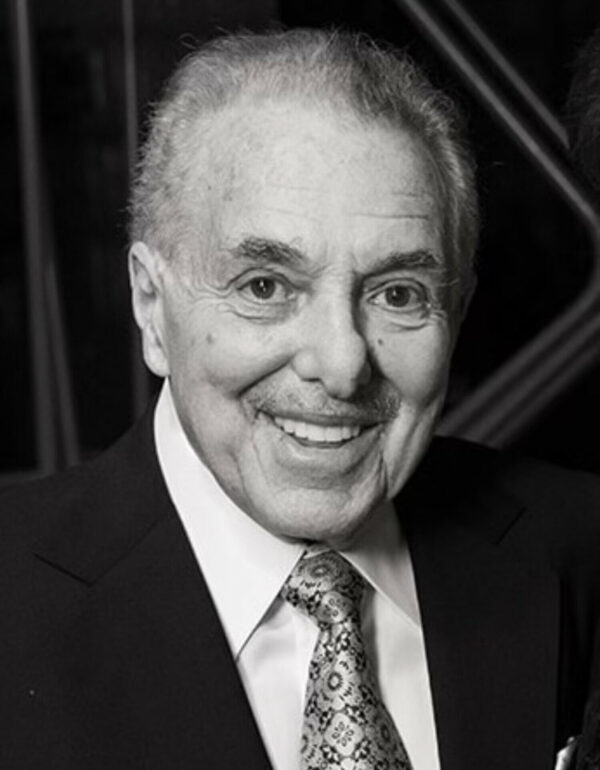
Leonard Riggio, who transformed the world of bookselling as the owner of Barnes & Noble, died in Manhattan on August 27. Riggio, who had a home in Bridgehampton, suffered from Alzheimer’s disease, his family said in a statement. He was 83.
Riggio borrowed $1.2 million to buy Barnes & Noble’s name and its Fifth Avenue store in New York City in 1971, The New York Times reported. Within two decades, he had built the largest chain of bookstores in the world, with stores in shopping centers and malls across the United States.
What differentiated Barnes & Noble’s stores from other bookstores was their size and extensive inventory, which went beyond books to include magazines, newspapers, and related gift items. The company’s stores also featured easy chairs and nooks where customers could browse or read as well as cafes, where they could get a snack or cup of coffee.
With success came controversy, as Barnes & Noble came under fire for undermining both independent bookstores and publishers, who were forced to lower their wholesale prices if they wanted the massive chain to buy their titles.
Barnes & Noble’s rise to dominance in the 1980s and 1990s was relatively short-lived. When the age of the internet dawned, the company met a different kind of competition in Amazon, which began its life as an online bookseller and eventually came to dominate the entire retail world.
“Len was an extraordinary entrepreneur. His tenacity, charisma, and preternatural sense of the retail experience ensured his success not only with Barnes & Noble and Barnes & Noble Education, but also with GameStop and many other business interests,” Barnes & Noble stated in a release. “He was deeply invested in social justice causes hoping to address what he called the unfinished business of the civil rights movement, and was a tireless advocate for public education, literacy and the arts.”
Ironically, for years, Riggio sought to open a Barnes & Noble in Bridgehampton, but his plans were stymied by limits placed on the size of stores by Southampton Town’s zoning laws.
Last year, long after Riggio gave up his own effort, the company opened a store at the Bridgehampton Commons shopping center.
In Bridgehampton, Riggio owned a sprawling home named “Minden” on Ocean Road that was built by John Berwind in 1912 and which had been transformed into a wellness retreat in the years before Riggio and his wife, Louise, purchased it. The couple collected art and transformed the grounds into a sculpture garden dominated by a huge piece by Richard Serra.
“My father lit up a room with his smile, drew people in with his wit and intellect, kept them close with his generosity and enormous heart,” his daughter, Stefanie Riggio-Bulger, said in a statement. “He worked tirelessly to leave the world a better place than he found it. May he rest comfortably knowing he succeeded.”
Riggio was born on February 28, 1941, to Stephen and Lena (Capuccio) Riggio in the Little Italy neighborhood of Manhattan. He was raised in Brooklyn. After attending Brooklyn Technical High School, he studied metallurgical engineering at New York University at night and worked in the university bookstore during the day. He dropped out of college to open his own bookstore, Student Book Exchange, or SBX, and soon acquired more college bookstores before buying Barnes & Noble.
Besides his wife and daughter Stefanie, Riggio is survived by his brother, Stephen Riggio; two other daughters, Lisa Rollo and Donna Cortese; and four grandchildren. His brother Vincent Riggio died in 2019.